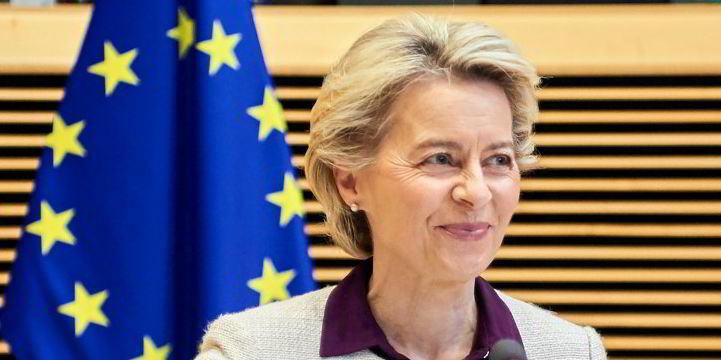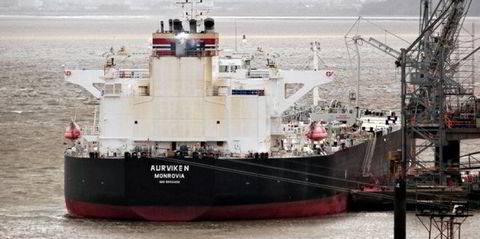Danish shipowners have backed the European Union's carbon trading scheme for shipping — but would have preferred a more localised approach to the issue at first.
The EU Emissions Trading System (ETS) was unveiled on Wednesday as part of the long-awaited "Fit for 55" package of climate policies.
These are aimed at reducing the EU’s greenhouse gas emissions by 55% below 1990 levels by 2030.
Shipowners' organisation Danish Shipping said the plan had been hotly anticipated.
Executive director of security, environment and maritime research, Maria Skipper Schwenn, said: "It is a legislation package of more than 1,800 pages that we will now dive into and see what it specifically means for shipping."
'Reasonable' start
She added: "As a starting point, it looks very reasonable, and we feel that the contributions we, as a sector, have delivered in the preparatory work have been heard."
Shipping companies will be responsible for all carbon emissions between EU ports and 50% of them for incoming and outgoing voyages.
"We support shipping being a part of the ETS, but we would have preferred that the commission start with travels between two EU ports. That would have made room for negotiations on global solutions at the IMO," Skipper Schwenn said.
"If the EU plays its cards right, the tariffs in the proposal could be used to put pressure on the global CO2 prices at the IMO, and consequently contribute to creating unified, international solutions," she added.
Danish Shipping believes "good avenues" have been opened up for enforcement of the measures, as the shipowner or technical manager is responsible for compliance.
Fuel directive revised
The organisation also pointed to a revision of the directive for levies on fuels from 2003.
This takes into account sailing between two EU ports and provides incentive for flexible alternatives for a 10-year transitional period, starting from 2023, through the use of flexible fees, Danish Shipping said.
"It is positive that the commission is trying to push for the inclusion of the new fuels that are vital if the shipping industry is to reach its climate goals. We will now study the details of the proposal closer," Skipper Schwenn said.
The climate plan is a proposal and will be negotiated in both the European Council and European Parliament before final adoption.
In an attempt to ease the financial pain, the commission has proposed that owners and charterers will only be liable for 20% of their emissions in 2023, 45% in 2024, and 70% in 2025 — but all in 2026.






